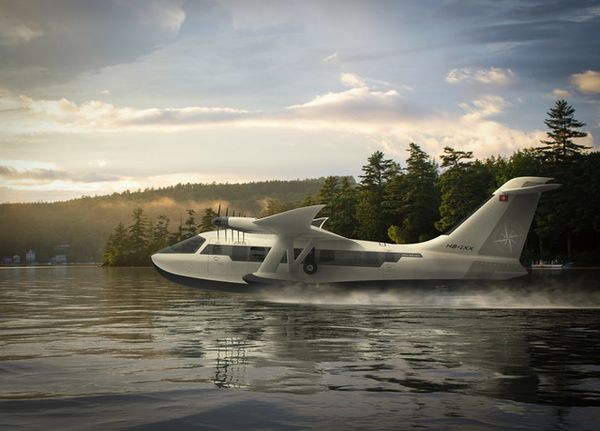This month, the University of California, Riverside (UC Riverside) released a bold strategy to promote and achieve carbon-neutral air travel. One of the professors at the university, Mihri Ozkan, released her findings in a paper published by iScience, in which she explains that e-kerosene could be a sustainable alternative to traditional aircraft fuels.

The call for de-carbonization efforts across various industrial lines has risen recently, specifically with air travel. Topically, singer Taylor Swift has lately been the focus of criticisms towards the hefty carbon footprint of air travel, drawing increased attention to the carbon emissions through traditional jet fuel. Carbon credit dispersion efforts have been in place by various airlines for over a decade to help offset the environmental impact of some air travel. Still, sustainability groups and scientists have been looking at fuel alternatives to aid sustainability efforts.
According to the paper, e-kerosene can be produced via electrolysis and used in airplane engines without major engineering modifications. The electrolysis process of converting water into hydrogen can be created in power plants run by sustainable forms of energy, including solar, wind, and geothermal sources. Unlike the current leading aircraft fuel, e-kerosene can be produced without carbon emissions. Current electric and hydrogen aircraft in development are more sustainable than traditional aircraft. However, production estimates do not see these consistently operating until the late 2030s.

The e-kerosene product is currently at around $8 per gallon, over twice the cost of conventional fuel. An optimistic hope of the sustainability effort is that the price will go down with increased demand and scaling of the e-kerosene development process. Scientists believe that when a sustainable and affordable price for the product can be found, the airline consumer will not see an increased ticket price.
Other transit industries, such as maritime shipping and rail transport, have continued their own research on sustainable fuels and green technologies. UCR’s findings indicate that sustainable fuel alternatives continue gaining media attention and will likely be in the marketplace in the next decade. An industry shift and federal regulation toward green efforts will revolutionize how air travel will look for future generations.
EASA Mandates Airbus A320 Fuselage Inspections » Wizz Air Relaunches Suceava Base with Two A321neos and Seven New Routes » How Borders Shape Human Stories »
Comments (0)
Add Your Comment
SHARE
TAGS
INFORMATIONAL Sustainability Sustainable Aviation Innovation Future Science TechnologyRECENTLY PUBLISHED
 End of an Era: JetBlue's Farewell to the Embraer E190
On September 9, 2025, after nearly two decades of service, JetBlue Airways brought an end to an era with the retirement of its Embraer E190 fleet.
INFORMATIONAL
READ MORE »
End of an Era: JetBlue's Farewell to the Embraer E190
On September 9, 2025, after nearly two decades of service, JetBlue Airways brought an end to an era with the retirement of its Embraer E190 fleet.
INFORMATIONAL
READ MORE »
 Cities in the Sky: The Future Built on eVTOL Flight
Imagine stepping out of your office, walking to a nearby rooftop, and moments later lifting off vertically into the sky — no airport lines, no traffic, just a silent hop across the city. This future is no longer science fiction; it's the foundation of what could be aviation's biggest innovation since the jet age.
INFORMATIONAL
READ MORE »
Cities in the Sky: The Future Built on eVTOL Flight
Imagine stepping out of your office, walking to a nearby rooftop, and moments later lifting off vertically into the sky — no airport lines, no traffic, just a silent hop across the city. This future is no longer science fiction; it's the foundation of what could be aviation's biggest innovation since the jet age.
INFORMATIONAL
READ MORE »
 The Runway is Obsolete: Jekta Swiss is Resurrecting the Flying Boat for the 21st Century
AeroXplorer sat down with George Alafinov, CEO & Co-founder of Jekta Swiss. In conversation, he discussed the company's unique value proposition and how he sees his aircraft revolutionizing the amphibious aircraft industry.
STORIES
READ MORE »
The Runway is Obsolete: Jekta Swiss is Resurrecting the Flying Boat for the 21st Century
AeroXplorer sat down with George Alafinov, CEO & Co-founder of Jekta Swiss. In conversation, he discussed the company's unique value proposition and how he sees his aircraft revolutionizing the amphibious aircraft industry.
STORIES
READ MORE »



